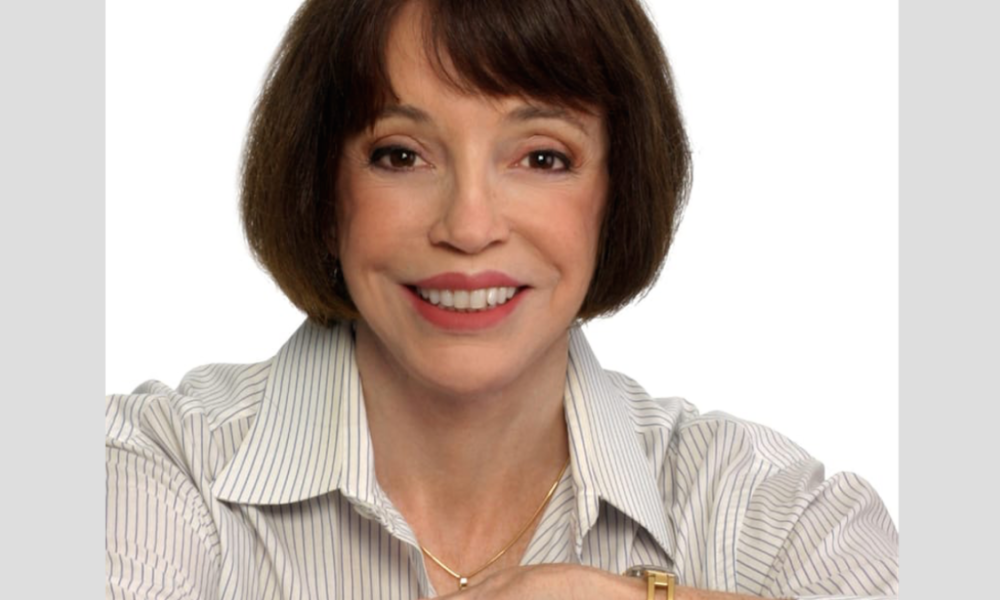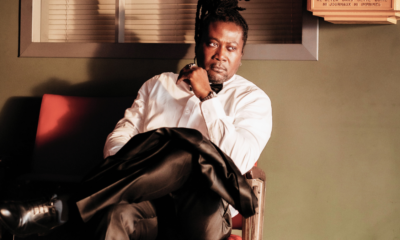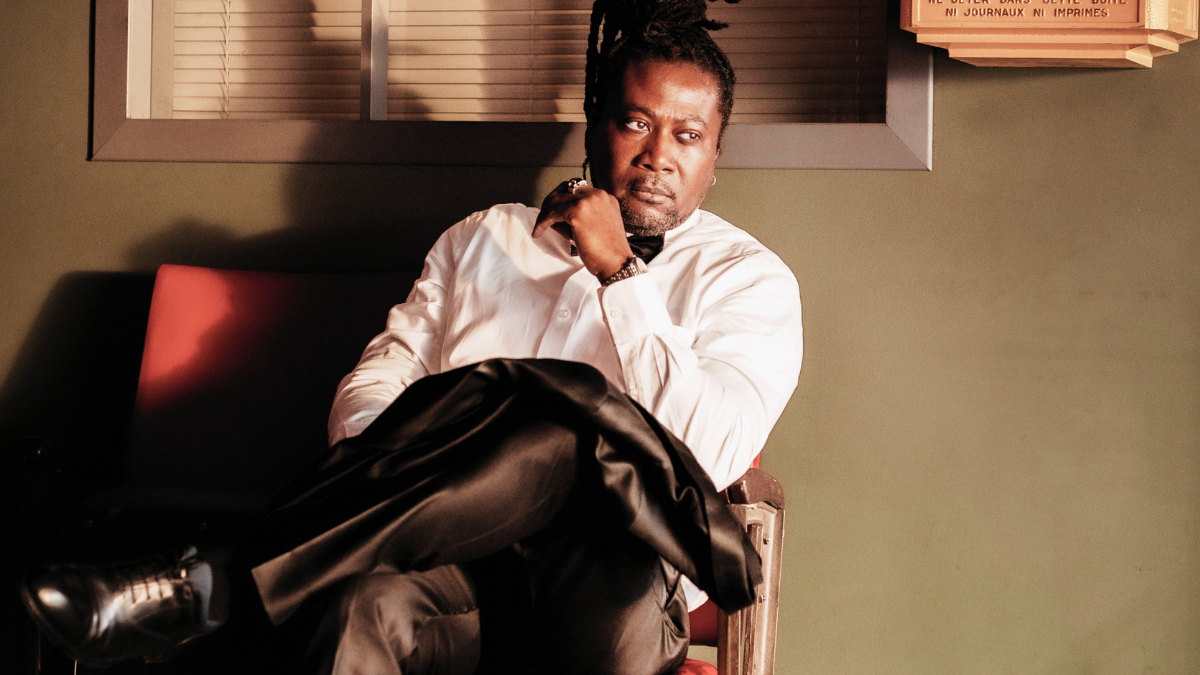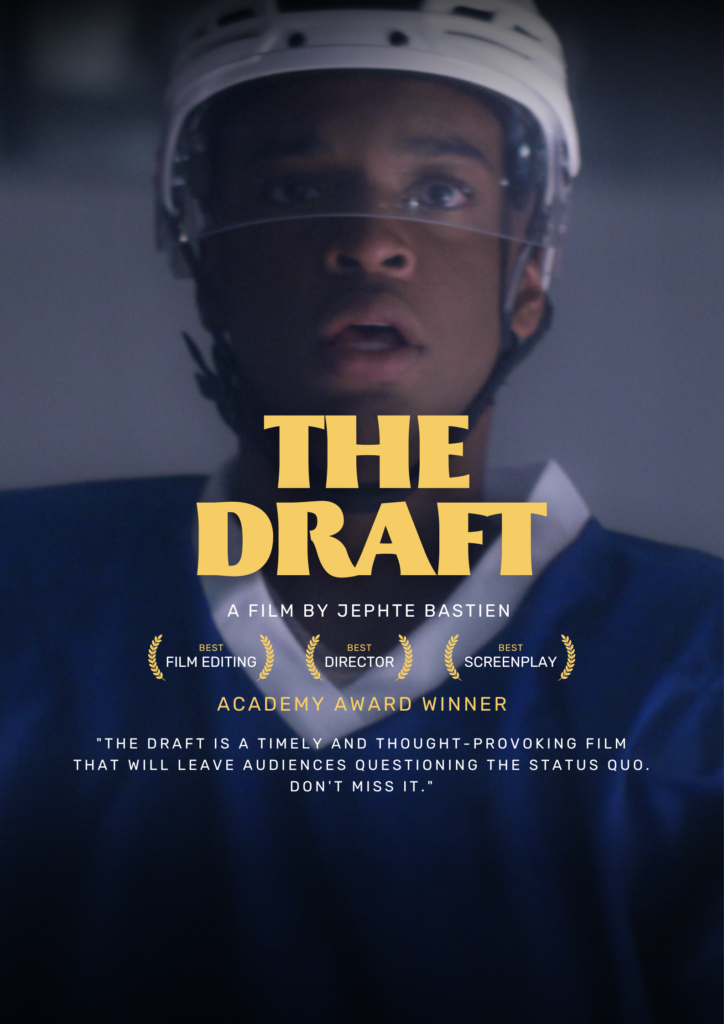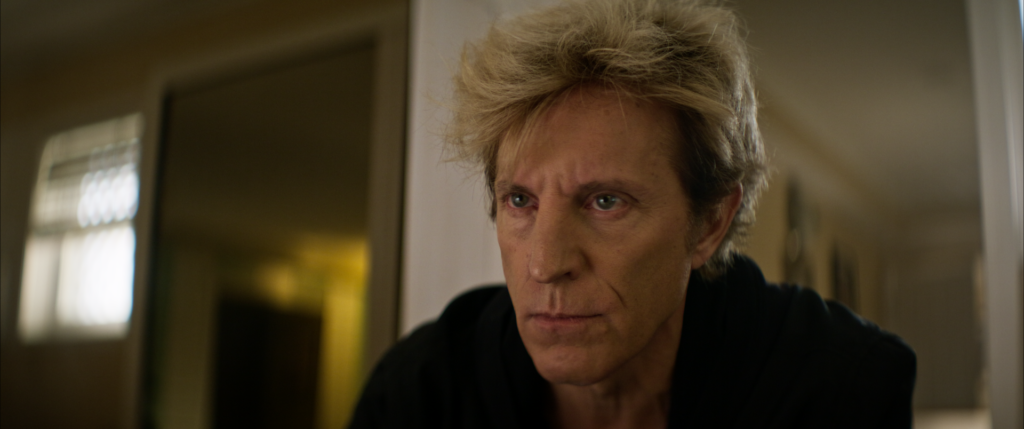With a few solid decades of experience as a voice teacher, Renee Grant-Williams is an esteemed name in the music industry. She has worked with numerous renowned and respected artists, among them Miley Cyrus, Linda Ronstadt, Faith Hill, Jason Aldean, Keith Urban and Tim McGraw. A trained classical soprano, Renee graduated with a Bachelor of Music degree from the San Francisco Conservatory of Music. She is currently based in Nashville, Tennessee, but also facilitates vocal sessions by Skype, or with the aid of one of her Associate Teachers. Renee also runs a yearly Vocal Master Class, where participants’ voice and performance are critiqued and assessed by a group of qualified panelists. Participants also attend workshops and classes throughout the day and ultimately, Renee’s Vocal Master Class is an environment where valuable connections are made. As a communication skills expert, Renee recognizes the importance of networking, projecting your voice and articulating, essential skills for artists. Her book, Voice Power Book: Using Your Voice to Captivate, Persuade, and Command Attention, presents and teaches these abilities, drawing on personal experiences and professional expertise.
The Vocalist Magazine: How did you get started in your music career?
Renee Grant-Williams: I used to sing in church and I had a big voice. I didn’t really come from an area where a career as a soprano was considered a possibility because I came from a steel mill and coal mining town. There was a time that I was hitchhiking around Europe and I got sick. I was lying under a tree in a rainstorm in a country where it only rains once a year and, of course, it rained on that day. I did one of those, “Dear lord, if you get me out of this, I’ll do something with my life.” I went back to the States and ended up with a full scholarship to the San Francisco Conservatory of Music and they made it very easy for me to be a student there.
TVM: Why did you decide to pursue a career as a vocal coach?
RGW: I was a very active soprano in the San Francisco Bay Area, but classical music, at that time, was just beginning to be unpopular with the masses and although I made a good living, I had to conduct and do a lot of chamber music and a lot of solos in churches and temples. My teacher had an excess of students and he asked me if I would like for him to teach me to teach, so he fixed me up and taught me a lot about how to relate to students, and then he sent students to me. From there on, I got my own recommendations. I didn’t set out to do it. I still sing, but I love teaching.
TVM: What is it about teaching that you really enjoy?
RGW: The reward of seeing people get it. The “Oh, that’s what you mean” [look]. I live for improvement. I’d rather work with a raw amateur than a board professional if the amateur had passion. I find oftentimes, with voice coaching, I want it more for the student than they do.
TVM: What is a typical coaching session with you like?
RGW: Fortunately, they’re all different, which is great. First, I have the person sing for me. Even if it’s someone who has been studying with me a while and wants to work on a particular piece, I have them sing it, and then I go down my checklist of things that can be made better. If it’s a new student, if it’s at a workshop, or if I’m hearing someone for the first time, it’s kind of fun to put my finger on the issue that’s holding them back from singing as well as they would like to and identifying the one thing that can put a Band-Aid on it and bring them the fastest results. I experiment. I try new things on people. If I discovered something that worked with you, I’m going to try that on the others to find out if it works somewhere else too.
TVM: You’ve coached singers of so many different genres. Do you coach them differently?
RGW: Not really. It all has to be real, it all has to be in tune and have rhythmic integrity, and it all has to mean something. I teach my classical singers pretty much the same way I teach my rockers. Rockers use ‘chest voice’, or ‘belt voice’, and the classical singers use head voice, but it all resonates at about the same point. You have to support, you have to sing consonants, you have to believe in what you’re singing and you have to connect emotionally with your audience.
TVM: Do you have favourite genre to coach in?
RGW: I think that because I’ve spent so much time in Nashville, I enjoy the little tick-ups that happen at the end of the line, and I enjoy hearing how people bring about their individuality in a small range. Country music is the most restrictive music on the planet. You can’t sing too high, you can’t sing too long, you can’t sing too fast, you can’t sing too slow, a song can’t be much longer than three and a half minutes… So it’s working within a framework, in a rhyme structure that’s complicated.
TVM: You teach your students to sing the consonants. What exactly does that mean?
RGW: Most voice techniques are vowel-centric. Mine is definitely not. The richness of our language does not manifest itself through the vowels, but the way we say our consonants. Prince once said that the space between the notes is more important than the notes. Vowels just get in the way. Richness lies in the consonants. My favourite ‘spokes-tiger’ is Tony the Tiger, whose phrase is, “They’re g-r-r-r-eat!” If he said, “They’re g-r-e-e-eat!” he wouldn’t have the same impact. Most people look at vowels as a hindrance, something to get through. I’ve had teachers who said to sing the vowels, to present the vowels on a silver platter and to just try to get rid of those pesky consonants so that you can open up the voice on the vowels. I’m sorry, but that’s not the way that people talk to each other. They speak to each other with a good mix of consonants and vowels. I have a whole system that I’ve developed to help people understand that and, to me, it’s one of the most important contributions I feel I have made to voice pedagogy in my time. It’s the value of consonants. When I realized that, I wanted to go back and give a refund to everyone who had ever studied with me because I didn’t know that back then. And still, people don’t take it seriously, but it’s hard to pry people away from the vowels. It takes a lot of confidence to have silence. People sing with too much voice. It’s like they’re shouting at you. To me, live performance or recording should feel like a speech or a poem, only with pitches.
TVM: Is there a difference in how you coach someone getting ready for a recording session versus a live performance?
RGW: If somebody’s getting ready to be in the studio, I won’t let them hang onto the mic. If someone’s getting ready to go on stage or on tour, I’ll let them handhold the mic because you have to learn how not to sing with your elbow. So many singers never learn how to negotiate the high notes because they use their arm to take the pressure off. They never learn dynamics. When we sing into a microphone, we hear ourselves as we sound right here, but once your voice has been electronically altered, it’s no longer your voice; it’s a combination of your voice and the electronic alteration of it. So I like to have my students listen out in front so that they’re singing along with the sound of an electronically modified version of themselves.
TVM: What is your experience in coaching in different languages?
RGW: I studied and I lived in Europe for a while. I lived in Germany and when I was 16, I went to Denmark for six months to live with relatives. So I’ve always been interested in other languages and have a modicum of understanding in several of them. I once did a series of workshops in Buenos Aires, Argentina. I had an interpreter for my class because it was a three hours long and I didn’t have three hours’ worth of Spanish in me. I did look up the words that were germane to my topic and I would get to a point where I would say something in Spanish. I looked up 30 words and would throw those in when I could. I could see people nodding and smiling. Anna, my interpreter, came up to me after and she said that they wanted to find out why I was speaking to them in Italian. I was crushed! Because I thought I was doing great.
TVM: You recently had a very busy weekend because you had your Vocal Master Class. Can you talk a little bit about what that is and what students learn there?
RGW: It’s the most amazing event. I’ve had it for 10 years in a row. I have an all-day event that starts with registration at 8 AM and classes, lectures and new ideas from me during the day. Plus, there was a panel. We break at 5 PM and come back at 7:30 PM. Everyone gets to sign at least once and be evaluated by two evaluators. I have two rooms set up with eight evaluators and they discuss what was good about the person’s performance, what was bad about the person’s performance and what they felt they can do to correct it. Every one of these panel members is somebody that is in a position where they can help, or they can further an artist’s career. Every year, connections are made at the Master Class. It’s a great event. I’m sorry that all your readers didn’t have a chance to be there.
TVM: What do students learn?
RGW: I usually come up with some techniques that aren’t my basic ones. I bring out the ‘tips, tricks and power gasps’, because nobody knows what a ‘power gasp’ is except for some of my students. I bring out some things that maybe I don’t concentrate on with the general public on a regular basis, maybe a fix that I made for one student that I think others should hear about. It goes pretty quickly. The panel this year was two-fold. It was first on shameless self-promotion. Is shameless self-promotion shameful? Then, I had 2Steel Girls who were on The Voice. They’re a mother-daughter harmony team, so I had them there to talk about doing harmonies and how to build harmonies. It’s a supportive situation and people have made lasting friendships there.
TVM: Networking is such a big part of this industry, and you also specialize in communications. How important are communication skills for a singer?
RGW: Well look at Willie Nelson and Bob Dylan. They’re two great communicators who have no voices at all. It’s much more important for the listeners to have an emotional experience than it is for them to hear perfect notes and perfection. Perfection isn’t exciting, actually. I encourage my students to write a back story for every song they sing, to write down the answer to four questions. One: Who is singing this song? Is it you, at your current age in life? Is this a relationship breakup that happened to you last week? Is this something that you remember from the time you were 16? Or is it someone in their 50s? It’s going to be a very different kind of song [depending on who is singing it]. Then: What do they hope to accomplish? The third one is: Who else is present? The fourth one is: Where and when it is? You know the song Don’t Worry Be Happy? I had a student who was singing that one day and he was boring me to tears. I said that if you’re going to sing a song like Don’t Worry Be Happy, in your mind, you should sing it to your best friend who is standing on the tallest building in Tennessee with one leg over the side about to jump and you’ve got three minutes to tell him “don’t worry be happy” to convince him not to dive over the side. Put urgency to it. The audience will never know what you’re thinking, but they’ll know that you’re not thinking nothing.
TVM: When it comes to vocal health, what is the biggest mistake that you see vocalists doing that can harm their voice?
RGW: Singing too loud. Not supporting. Smoking. But then again, I’ve known some people who supported well and didn’t over sing, but they smoked. Smoking is not good, and I’m not endorsing it, but there are worse things that you can do to your voice. That shows how bad some of these things are if I say that they’re worse than smoking.
TVM: So what are those things?
RGW: Over singing. I think a lot of that has to do with American Idol and its friends because sometimes, it just sounds like hollering to me. [Other mistakes are] not using consonants, using too many vowels, and lack of support. I have one sign in my studio and that’s, “It’s the support, stupid.” It’s not there for my students as much as it’s there for me to remember that if you don’t have support in your tone, then nothing is going to be right.
TVM: What are some faux-pas and go-tos for food and drink?
RGW: Many people have a slight allergic reaction to dairy products and it causes excessive phlegm that’s hard to clear from the vocal chords. It’s not enough to stop drinking it, but it’s enough to affect your voice. If you think you might even remotely be allergic to milk, then avoid eating dairy products. Salt products will make you thirsty and will dry out your throat. Potato chips are a poor choice. Spicy foods can cause an upset in your diet and your dietary system. My ideal recommendation before singing in the studio is a good hamburger or a turkey sandwich. It has some meat, some tomato, which is citrus, some lettuce, which is a bit of vegetable… Carbohydrates give a slower build and a slower decline in energy, and meat gives a spike in energy. Also, drink a lot of water and have a humidifier.
TVM: You are also an author, having written the book Voice Power: Using Your Voice to Captivate, Persuade, and Command Attention which explores how to present oneself verbally. Can you please talk about what that book is about and what singers can learn from it?
RGW: It’s about breath control, support, head resonance and tucking your hips under your body to have better leg support, like you would do if you picked up a heavy armchair. You would put your behind underneath you and lift with your legs so that you protect your back. You’ve seen Tim McGraw, Kenny Chesney and Billy Ray Cyrus and Keith Urban, all those guys, sing with a sort of karate stance. They support from the centre of their body and that way, the body is involved in the act of creating the music and the tone. It makes it more convincing. When you’re just singing it from up here, it doesn’t have the impact that it does when you use the lower body for resonance. You can hear the difference. It helps you resonate.
TVM: What does it take, in your opinion, to start a successful singing career?
RGW: Get a schedule. Organize yourself. That’s really what it takes, because it’s hard work and it never stops. You have to put in a tremendous amount of hard work and concentration. It takes being willing to give up stuff that other kids and other adults have. The stories that I’ve read of Britney Spears being the last one to leave the dance rehearsals, the last one to get out of the gym class, always driving home half an hour after her sisters and her friends because she was getting in an extra half hour on the dance routine…
“It’s all about the words. Get the words to mean something. If you can’t engage yourself in your singing, how can you expect to engage anyone else?”
TVM: To sum up, what’s the best piece of advice you have for vocalists?
RGW: It’s all about the words. Get the words to mean something. If you can’t engage yourself in your singing, how can you expect to engage anyone else? It’s the words that count. Maria Callas is considered by many to be one of the greatest opera singer that ever lived, certainly the greatest female. She sang with a passion. She had great consonants.
TVM: Are you currently working on any projects?
RGW: I’ve just finished a motivational book with two other writers. It’s called Motivation, Up Yours. Three of us wrote it and it’s already at the printers. Then I’m going to do a set of 10 DVDs on some topics that I have chosen on technique. I have what I’m calling Tips, Tricks and Video Clips that you’ll receive three days a week. It’s going to be between 10 and 20 dollars. We were going to make it every day, but research convinced us that people get backup and log jam and then they don’t bother catching up. Three times a week is good. I’m also involved in a project for the Awesomeness, which is a DreamWorks imprint. It’s about six kids come to Nashville to make it as singer/songwriters and I’m the voice coach. Then, I’m going to do a book on public speakers. I’m going to have a busy summer.
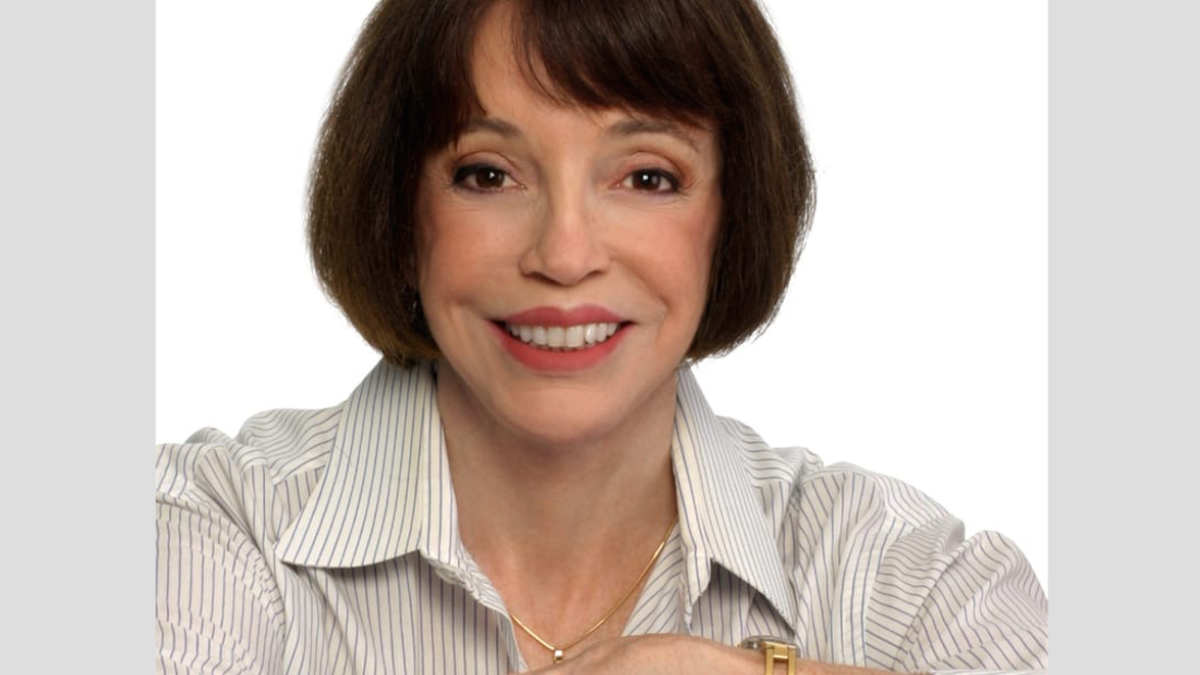

 Business3 years ago
Business3 years ago
 Business2 years ago
Business2 years ago
 Business2 years ago
Business2 years ago
 Business3 years ago
Business3 years ago
 Business3 years ago
Business3 years ago
 Business3 years ago
Business3 years ago
 Business3 years ago
Business3 years ago
 Business3 years ago
Business3 years ago
